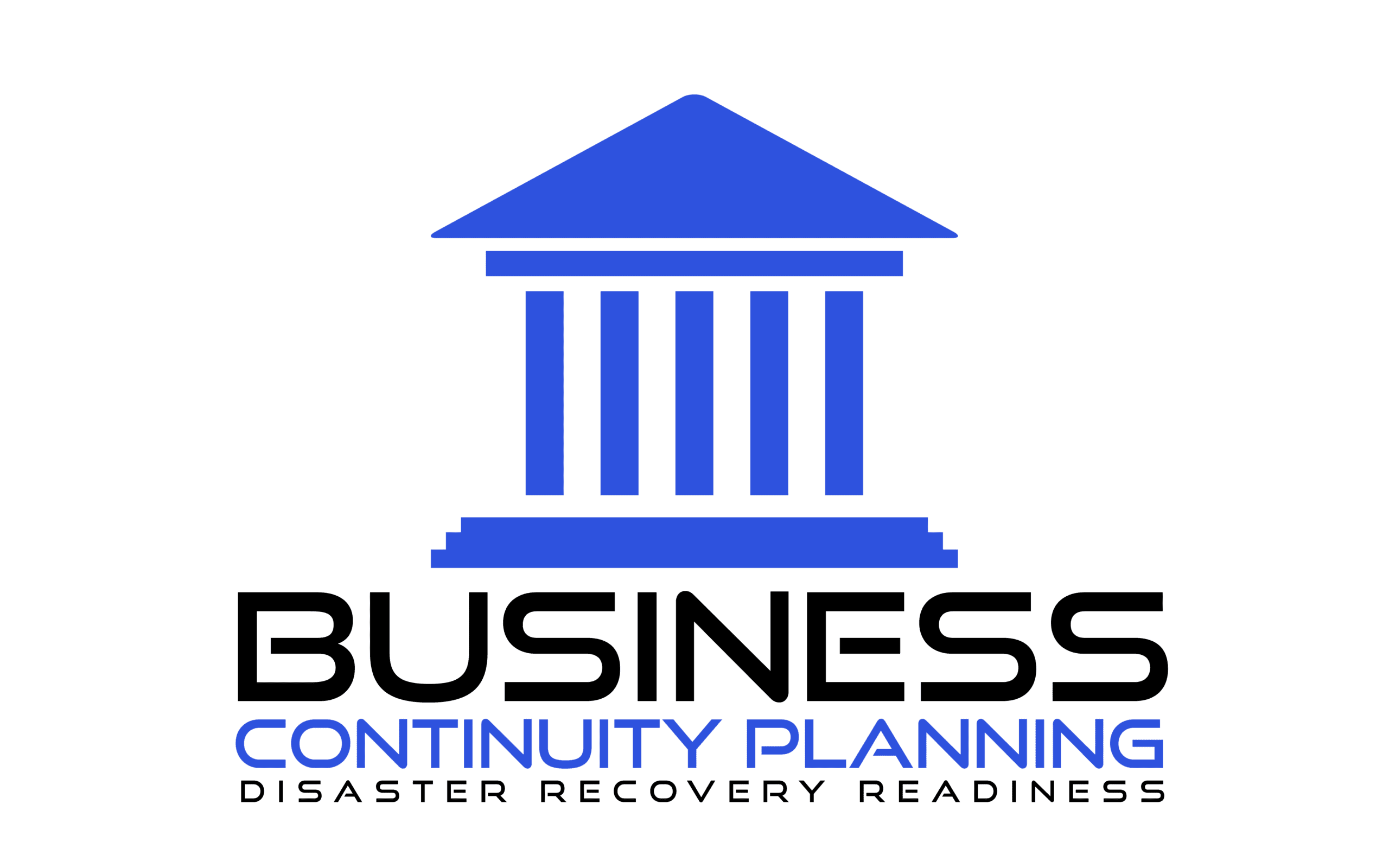It may be necessary to economize in times of crisis –
but make sure you maintain the aspects your customers love the most.
| ‘Organisational Resilience’ refers to a business’s ability to adapt and evolve as the global market is evolving, to respond to short term shocks (natural disasters or significant changes in market dynamics) and to shape itself to respond to long term challenges. Your business’s ability to understand the elements of organisational resilience and integrate them into your everyday activities will help your business to survive, adapt and prosper in times of uncertainty. Research shows that organisational resilience translates to increased profitability during normal business operations as well as following a crisis or disruptive event. In the United States, www.continuitycentral.com, an American website that provides business continuity, enterprise risk and resilience updates, wrote an informative article titled: ‘Many organisations are overconfident about their capability to successfully manage future incidents.’ The article found that only 30 percent of businesses (and government entities) are very confident they can handle the increased complexity of risk management in the future. In the article Mark Herrington, CEO of OnSolve, notes that “Risk and organizational resilience are now board-level conversations,” and that “as organisational risk becomes increasingly complex, businesses need to prepare to manage the inherent ripple effect it has on their people, places and property.” Continuity Central, 2021. Many organizations are overconfident about their capability to successfully manage future incidents. [Online] Available at: https://www.continuitycentral.com/index.php/news/business-continuity-news/6817-many-organizations-are-overconfident-about-their-capability-to-successfully-manage-future-incidents [Accessed 19 December 2021]. |
Resilience
Be prepared. Create a business continuity plan to ensure
you can access essential supplies during an emergency.
| While a business cannot plan for every possible disruption, resilient organisations adapt and learn from their hardships. This builds a competitive edge and helps businesses to become more profitable. Following business continuity planning principles helps you to efficiently manage budgets, resources and systems that build resilience into your organisation. The result is a business that is more manageable, profitable and can bounce back quickly after a crisis or disaster. At BCP-AU our vision is that small businesses are skilled in business continuity practices and are prepared to bounce foreword – before, during and after a disaster. |
